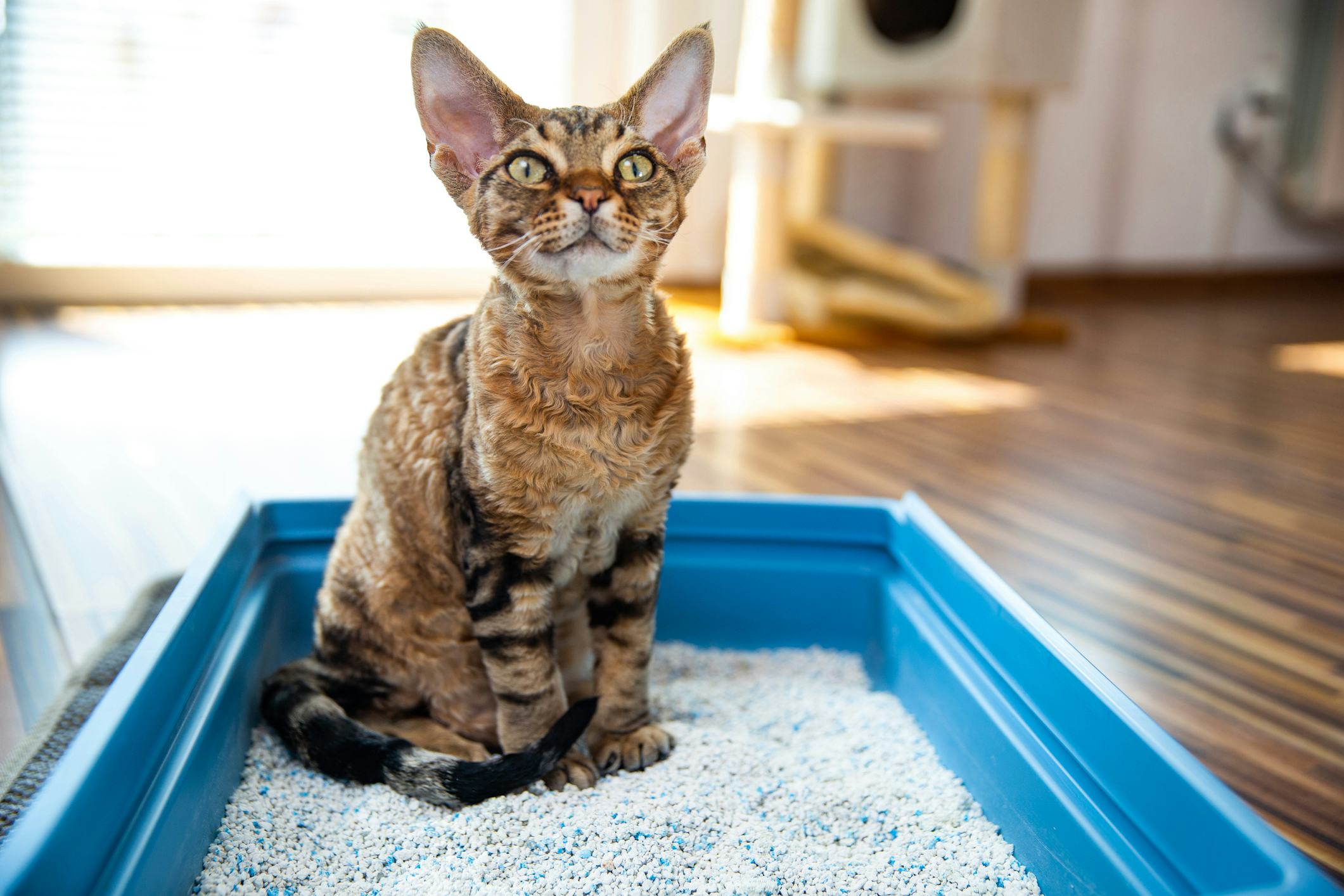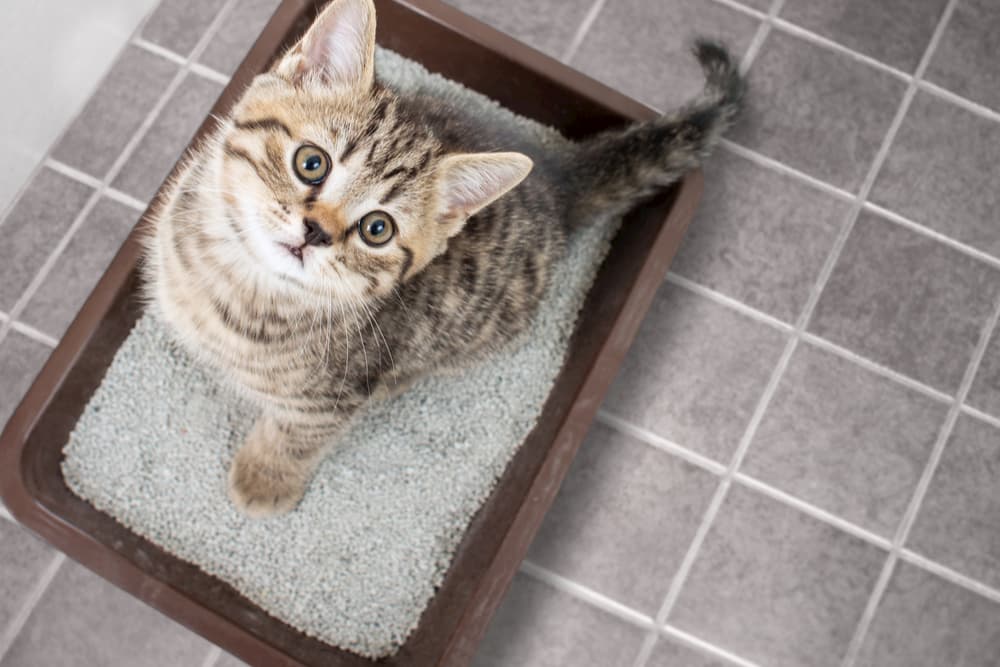Reasons You Should Never Flush Cat Poop Down Your Toilet - Important Information
Reasons You Should Never Flush Cat Poop Down Your Toilet - Important Information
Blog Article
The article author is making a few great observations on Can You Flush Cat Poo or Litter Down the Toilet? overall in this post which follows.

Intro
As pet cat owners, it's vital to be mindful of just how we dispose of our feline good friends' waste. While it might seem practical to flush pet cat poop down the toilet, this practice can have detrimental consequences for both the atmosphere and human health and wellness.
Alternatives to Flushing
Luckily, there are much safer and extra responsible ways to take care of feline poop. Think about the adhering to choices:
1. Scoop and Dispose in Trash
The most common technique of dealing with pet cat poop is to scoop it right into a naturally degradable bag and toss it in the garbage. Make certain to use a devoted clutter scoop and throw away the waste without delay.
2. Usage Biodegradable Litter
Opt for biodegradable cat litter made from materials such as corn or wheat. These litters are eco-friendly and can be securely taken care of in the garbage.
3. Bury in the Yard
If you have a yard, consider hiding feline waste in a designated location away from vegetable yards and water sources. Be sure to dig deep enough to stop contamination of groundwater.
4. Set Up a Pet Waste Disposal System
Invest in a pet dog garbage disposal system specifically created for cat waste. These systems make use of enzymes to break down the waste, decreasing smell and environmental effect.
Health Risks
In addition to ecological issues, purging feline waste can additionally position wellness risks to people. Pet cat feces might contain Toxoplasma gondii, a parasite that can trigger toxoplasmosis-- a possibly severe health problem, particularly for pregnant ladies and individuals with weakened body immune systems.
Ecological Impact
Flushing cat poop presents harmful pathogens and parasites into the water, posturing a significant risk to aquatic communities. These contaminants can negatively influence aquatic life and concession water high quality.
Final thought
Accountable animal ownership expands past supplying food and shelter-- it also entails appropriate waste management. By avoiding purging cat poop down the bathroom and selecting alternate disposal methods, we can decrease our environmental impact and safeguard human health.
Why Can’t I Flush Cat Poop?
It Spreads a Parasite
Cats are frequently infected with a parasite called toxoplasma gondii. The parasite causes an infection called toxoplasmosis. It is usually harmless to cats. The parasite only uses cat poop as a host for its eggs. Otherwise, the cat’s immune system usually keeps the infection at low enough levels to maintain its own health. But it does not stop the develop of eggs. These eggs are tiny and surprisingly tough. They may survive for a year before they begin to grow. But that’s the problem.
Our wastewater system is not designed to deal with toxoplasmosis eggs. Instead, most eggs will flush from your toilet into sewers and wastewater management plants. After the sewage is treated for many other harmful things in it, it is typically released into local rivers, lakes, or oceans. Here, the toxoplasmosis eggs can find new hosts, including starfish, crabs, otters, and many other wildlife. For many, this is a significant risk to their health. Toxoplasmosis can also end up infecting water sources that are important for agriculture, which means our deer, pigs, and sheep can get infected too.
Is There Risk to Humans?
There can be a risk to human life from flushing cat poop down the toilet. If you do so, the parasites from your cat’s poop can end up in shellfish, game animals, or livestock. If this meat is then served raw or undercooked, the people who eat it can get sick.
In fact, according to the CDC, 40 million people in the United States are infected with toxoplasma gondii. They get it from exposure to infected seafood, or from some kind of cat poop contamination, like drinking from a stream that is contaminated or touching anything that has come into contact with cat poop. That includes just cleaning a cat litter box.
Most people who get infected with these parasites will not develop any symptoms. However, for pregnant women or for those with compromised immune systems, the parasite can cause severe health problems.
How to Handle Cat Poop
The best way to handle cat poop is actually to clean the box more often. The eggs that the parasite sheds will not become active until one to five days after the cat poops. That means that if you clean daily, you’re much less likely to come into direct contact with infectious eggs.
That said, always dispose of cat poop in the garbage and not down the toilet. Wash your hands before and after you clean the litter box, and bring the bag of poop right outside to your garbage bins.
https://trenchlesssolutionsusa.com/why-cant-i-flush-cat-poop/

I'm certainly very involved in Don’t flush cat feces down the toilet and I hope you liked my blog posting. Are you aware of somebody who is excited by the niche? Please feel free to promote it. Thank-you for going through it.
This Page Report this page